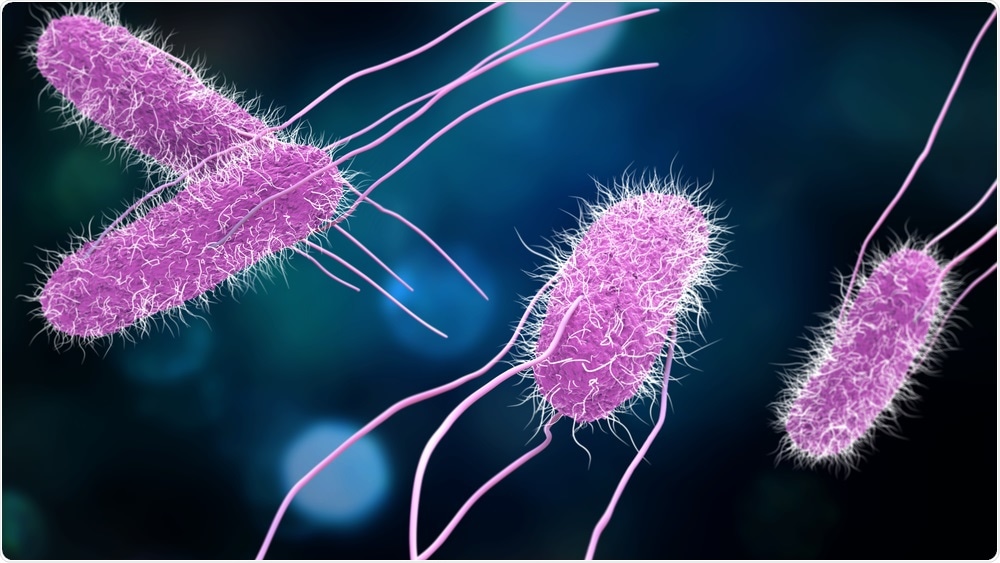A team of researchers are gathering bacteria from across the world to create a microbiota vault that would preserve the myriad of strains of bacteria that inhabit the human gut and other mucosal levels.
 Image Credit: urfin / Shutterstock
Image Credit: urfin / Shutterstock
The bacteria that will be stored in the vault play a major role in the immune system and other aspects of human health.
This is considered to be one of the most ambitious projects to date, as the microbes would be gathered from human populations who have not yet been exposed to processed diets and antibiotics.
The researchers explain that much of the microbiological diversity in the gut, skin and other mucosal surfaces has been lost due to modernization and this has led to significant health problems.
A proposal for the project was recently outlined in the journal Science.
We're facing a growing global health crisis, which requires that we capture and preserve the diversity of the human microbiota while it still exists. These microbes co-evolved with humans over hundreds of millennia. They help us digest food, strengthen our immune system and protect against invading germs.
Over a handful of generations, we have seen a staggering loss in microbial diversity linked with a worldwide spike in immune and other disorders.”
Maria Gloria Dominguez-Bello, Lead Author
Co-authors of the study Rob Knight of the University of California-San Diego, Jack A. Gilbert of the University of Chicago and Martin J. Blaser of New York University Langone Medical Center believe that preserving these microbes could in future mean restoration of health to mankind.
As outlined in Science, the researchers would collect the microbes from Latin American and African populations who have not been exposed to the same environmental and lifestyle corruptions as the Western population.
These people still have a diverse microbial population in their gut, on their skin and on their mucosal surfaces.
These populations have not yet been urbanized and the collection must take place before it does.
This is the first time an attempt is made to collect microbes from so-called ‘untouched’ populations.
The researchers blame lack of microbial health in the gut to diseases such as allergies, asthma, obesity, diabetes and even autism.
We owe future generations the microbes that colonised our ancestors for at least 200,000 years of human evolution. We must begin before it is too late.”
Source:
A Rudgers University press release and the report itself.